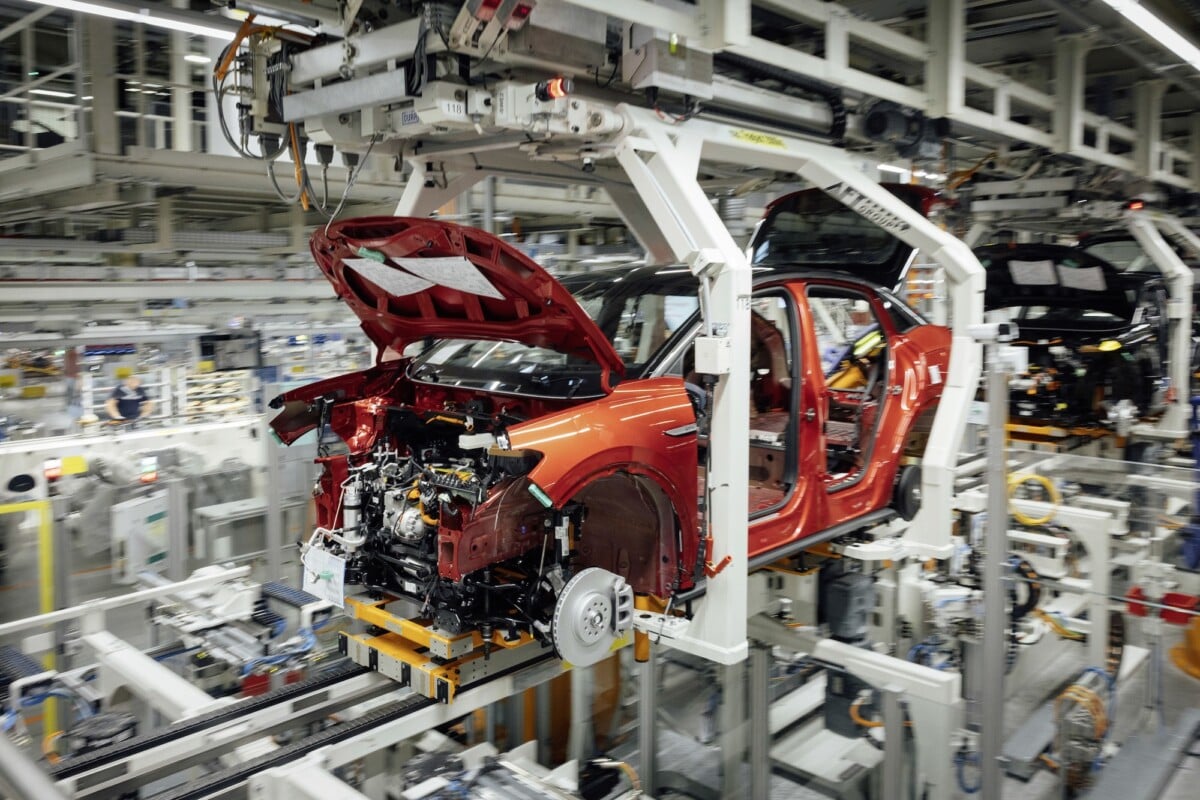Volkswagen plans to build several factories to produce batteries for electric cars. However, the first of these will operate at half capacity, even as the manufacturer plans to close some car production plants. In Germany, business is going badly for Volkswagen…
Volkswagen plans to build three factories dedicated to manufacturing batteries for electric cars: Salzgitter (Germany), Valencia (Spain) and Ontario (Canada). The initial plan is to reach a combined capacity of 170 GWh. Enough to supply the equivalent of 2.8 million electric cars with a 60 kWh battery each year.
However, Volkswagen has just announced that the German plant, scheduled for next year, will not be able to operate at full capacity.
Too little demand!
Only one of the two planned production lines at the Salzgitter plant will operate initially. Construction of the second line is currently on hold.
As a result, of the 40 GWh that the plant should have supplied, only 20 GWh will be produced per year. With this decision, Volkswagen wants to ” Adapting to slowing demand for electric vehicles ».
The employees then react: “ This is simply a declaration of war on the factory staff. “, according to a spokesperson for the works council.

Indeed, the demand for electric cars is struggling to take off. In France, last August even recorded a 33% drop in electric vehicle registrations compared to the same period in 2023. Fortunately, over the period from January to August, there was a slight increase.
Volkswagen is going through a difficult period
But beyond the average sales figures for electric cars, this decision is explained by a delicate financial situation for Volkswagen.
Indeed, the German manufacturer’s profit margin fell to 2.3% in the first quarter of 2024, compared to 3.8% last year. In addition, the increase in operating costs has weakened its economic situation and its stability on the stock market. In its largest market, China, Volkswagen is also losing market share to local manufacturers. In addition, the transition to electric is taking longer and costing more than expected for the group.
Under these conditions, we can better understand Volkswagen’s caution regarding its spending, particularly when it comes to building a factory dedicated to batteries for a market whose growth is showing the first signs of weakness.
Source: www.frandroid.com


